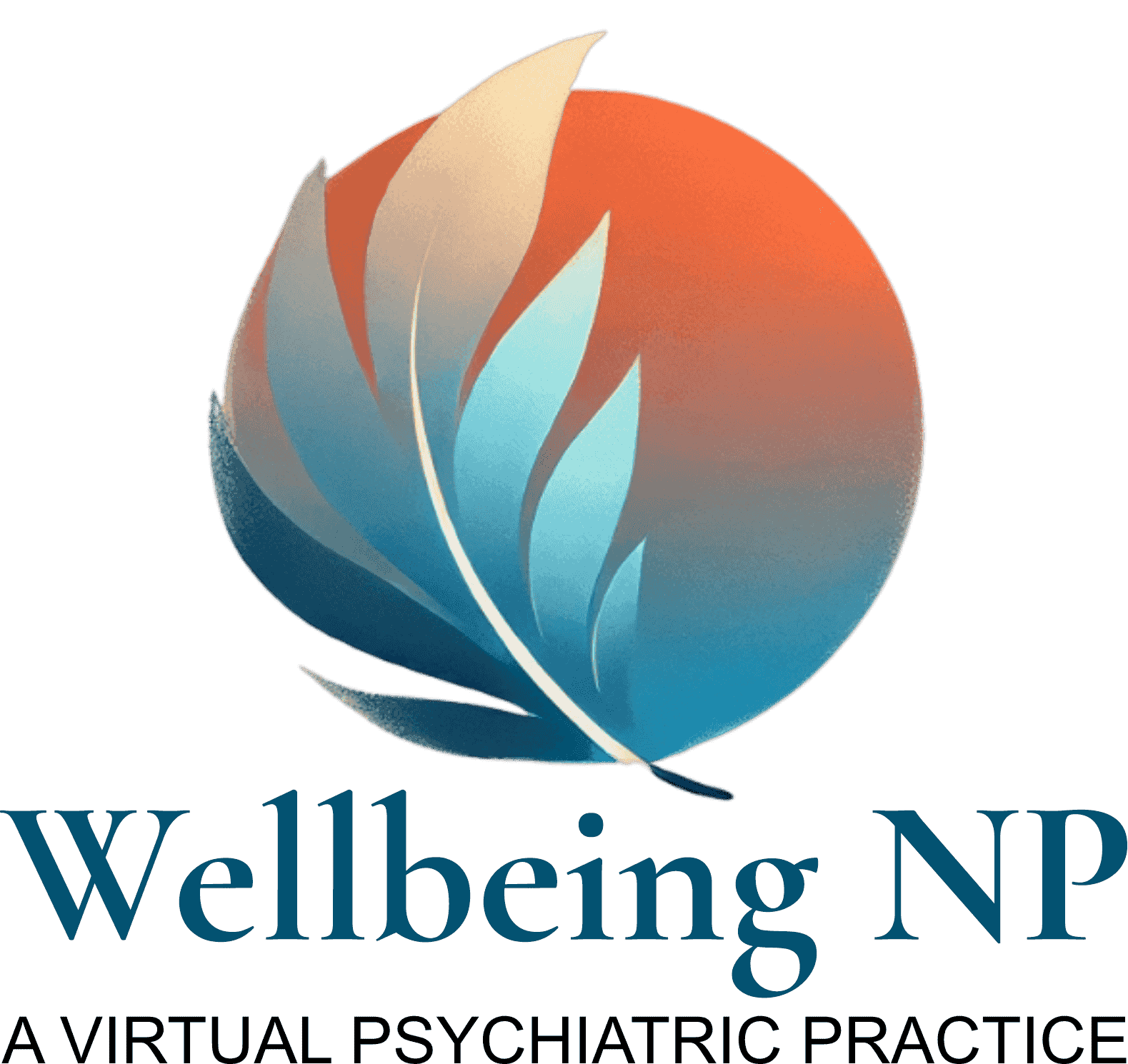
You book an evaluation for your child. Maybe they’re struggling to sit still, turning in late assignments, or constantly melting down over small things. You sit down with the provider to describe their symptoms—but somewhere in the middle of the conversation, a strange thought hits you:
“Wait… this sounds a lot like me.”
That realization is more common than you might think. In fact, many parents come in seeking support for their child’s ADHD and end up uncovering their own neurodivergence in the process.
ADHD in Families: The Genetic Link
ADHD is one of the most heritable psychiatric conditions. Studies estimate that ADHD is 70-80% genetic, meaning if a child has ADHD, there’s a strong chance one or both parents also have it—diagnosed or not.
Often, the signs in parents were overlooked because they presented differently, especially in women or high-achieving individuals. Many were labeled as “anxious,” “scatterbrained,” or simply “too sensitive.” Others internalized their challenges, assuming it was a personal flaw or failure of discipline.
Why Adult ADHD Goes Undiagnosed
Parents today grew up in an era with less awareness and fewer diagnostic resources. Girls, in particular, were (and still are) underdiagnosed due to more internalized symptoms like daydreaming, emotional sensitivity, or chronic overthinking.
You may have done “well enough” to fly under the radar—but it often came at a cost: burnout, anxiety, depression, perfectionism, and feeling chronically behind.
And then parenting starts, and the wheels fall off. Executive dysfunction, emotional dysregulation, and sensory overload that used to be “manageable” suddenly become unmanageable when you’re juggling meals, homework, tantrums, and a career.
Signs of Undiagnosed ADHD in Parents
Here are some common patterns I see when working with late-diagnosed adults:
- Chronic procrastination followed by panic-driven productivity
- Losing or misplacing important items constantly
- Emotional outbursts or shutdowns in high-stress moments
- Difficulty managing routines for your kids (because yours are already chaotic)
- Forgetting school events, appointments, or simple daily tasks
- Constantly feeling overwhelmed, under-rested, and overcommitted
Many of these symptoms get blamed on parenthood, stress, or just “modern life” — and while that’s partially true, untreated ADHD can make all of it feel ten times harder.
The Emotional Toll of Missing the Diagnosis
Living with undiagnosed ADHD often means living with a lot of self-blame. You may have spent years feeling lazy, disorganized, or broken. Maybe you were told you were “smart but not working to your potential.” That internalized shame builds over time and often peaks during parenthood, when your bandwidth is already stretched thin.
I’ve worked with countless parents who broke down during their child’s intake session, realizing the coping strategies they thought were “normal” were actually survival mechanisms.
What Happens When Parents Get Diagnosed Too
Here’s what I want you to know:
Getting a diagnosis as an adult isn’t just a label—it’s a key.
A key to understanding your patterns. A key to self-compassion. A key to creating a family system that actually works for everyone.
When parents seek support for themselves, I often see a ripple effect in the household:
- Stronger routines (because now you have executive support, too)
- Less yelling and conflict (thanks to better regulation and awareness)
- More empathy toward your child’s experience
- Fewer breakdowns and more collaboration
- A shift from chaos and guilt to clarity and connection
ADHD Is a Family System
Let’s be real: ADHD doesn’t just affect one person in isolation. It impacts household rhythms, sleep schedules, emotional regulation, conflict styles, and stress levels.
If one member of the family is masking, melting down, or forgetting key tasks, it affects everyone else’s ability to stay calm and connected.
Treating ADHD as a family system—whether through diagnosis, coaching, medication, or structural changes—can change the entire dynamic.
But I’ve Made It This Far Without Help…
I hear this a lot, especially from high-achieving professionals or parents who are good at “pulling it together.”
Here’s what I’ll say: Surviving doesn’t mean thriving. And burnout is not a personality trait.
Just because you managed to get through school, get a degree, or start a family doesn’t mean you weren’t struggling. If anything, the mental effort it took to compensate for ADHD for decades makes the need for support more urgent—not less.
Treatment Options for Adults with ADHD
ADHD treatment in adulthood can include:
- Stimulant or non-stimulant medication, prescribed with consideration for co-occurring anxiety or mood issues
- Supplement protocols for dopamine, energy, and emotional regulation
- Cognitive and behavioral coaching to build new skills and habits
- Sleep and nutrition strategies that support executive function
- Family routines and systems that reduce friction and overwhelm
And for some, just having a name for what they’ve been experiencing changes everything.
A Note for Moms
Women with ADHD are still vastly underdiagnosed. Many internalize their symptoms, become overachievers, or are dismissed as “moody” or “anxious.”
Motherhood is often the tipping point. If that’s you, know this: you’re not failing—you just never had the right support.
Your kids don’t need a perfect parent. They need a regulated parent. One who knows their limits, asks for help, and models self-understanding.
Final Thoughts
If you’re bringing your child in for ADHD care, and something about the conversation feels a little too familiar—pay attention to that. It might be the start of your own healing, too.
You don’t have to untangle this alone. And you don’t have to keep running on empty, blaming yourself for things that were never about willpower in the first place.
At Wellbeing NP, we work with children, teens, and adults—and often, with whole families. We offer integrative psychiatric care, evidence-based medication management, and coaching-informed tools to support neurodivergent individuals across the lifespan.
Schedule a consult at wellbeingnp.com








